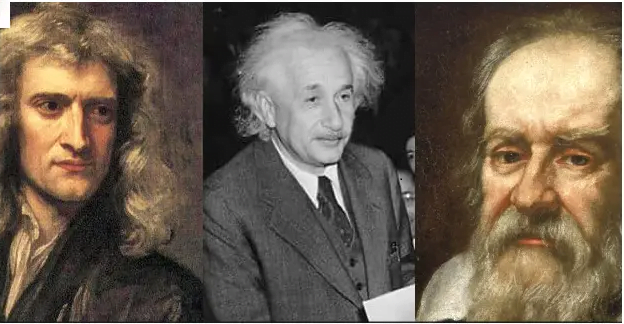
Introduction:
Who is father of physics, The foundation of physics, the foundational discipline that aims to comprehend the nature of the world, is largely due to the innovative contributions of brilliant minds throughout history. Nevertheless, one name sticks out among the others and is frequently referred to as the “Father of Physics.” We explore the life and contributions of Sir Isaac Newton in this blog, a man whose groundbreaking discoveries helped to shape our current comprehension of the physical universe.
The Founder of Classical Physics, Sir Isaac Newton:
The foundation of classical mechanics was built by the pioneering work of mathematician, physicist, and astronomer Isaac Newton, who was born in Woolsthorpe, Lincolnshire, England, on January 4, 1643. Formulating the equations of motion and universal gravity is Newton’s most renowned accomplishment.
Laws of Motion:
Newton’s three laws of motion, first presented in his groundbreaking work “Philosophiae Naturalis Principia Mathematica” in 1687, completely transformed the study of dynamics. These laws describe the link between an object’s motion and the forces acting upon it, offering a thorough foundation for comprehending the physical world.
Newton’s Law of Universal Gravitation:
Explained in the “Principia,” this law describes the force of attraction between two masses. It demonstrated Newton’s unmatched intellectual prowess by explaining the motion of celestial bodies and uniting terrestrial and celestial physics.
Legacy and Consequences of father of physics:
Newton made advances in mechanics that went beyond classical theory. His work created the groundwork for calculus, an area of mathematics that has proven essential to many scientific fields. Newtonian concepts have found significant application in fields including physics, engineering, astronomy, and even space exploration.
Despite the fact that Newton’s work was revolutionary, it is important to recognize that physics is the result of many people’s contributions. Our grasp of the physical world has advanced significantly thanks to the contributions of other great minds like Albert Einstein, Johannes Kepler, and Galileo Galilei.
In summary:
Sir Isaac Newton is referred to as the “Father of Physics“, which attests to his significant influence in the field. In addition to revolutionizing physics, his laws of motion and universal gravitation established a framework that continues to influence our comprehension of the cosmos. It’s important to recognize how important Sir Isaac Newton’s groundbreaking work was in laying the groundwork for the amazing advances in physics, even as we marvel at the modern era’s technological wonders and scientific discoveries.


